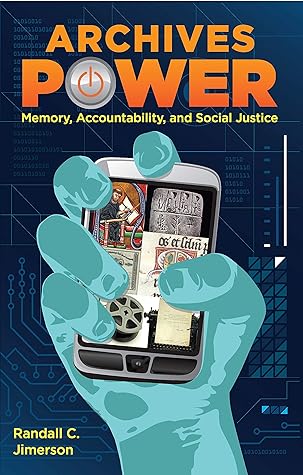Kindle Notes & Highlights
“Besides serving basic administrative and legal purposes, and providing the means to generate additional revenue for a cash-starved political regime, the production, management, and destruction of records by the Estensi bureaucracy were also used for the purposes of social control and public demonstration of authority,”


